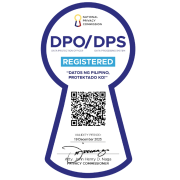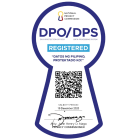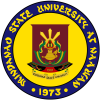
Contact Us
DARES Center
The DARES Center, is the training and extension arm of the University. FTRC was created and headed by a director when the Mindanao State University-Institute of Fisheries Research and Development (MSU-IFRD) was restructured (BOR Resolution No. 285 s. 1981) in 1981. On April 4, 2007, the incumbent head of the center was designated as Dean to institute plans and manage the training and extension programs of the Campus. In keeping with the university-wide accepted standard for office nomenclature, the Dean title for FTRC office head was retitled Director for Extension in 2009. Since its creation, the Extension Division has been an integral component of the University committed to providing lifelong, continuing education for the people of the regions it serves guided by the principle of helping people to help themselves. Educational changes in people are a prerequisite to progress in a democratic society. The philosophy of Extension is that people be assisted within a democratic framework to achieve knowledge and progress. The catchphrases: sustained programs, transformed communities, and empowered families encapsulate the heart of the extension programs of the Mindanao State University at Naawan. It is envisioned that these programs provide more opportunities for economic development and transformation of communities as well as promote resource management and sustainable development of terrestrial and aquatic ecosystems in the Southern Philippines. Moreover, the University through the years has been instrumental in promoting aquaculture and coastal resource management in Mindanao.
Vision
The MSUN extension with relevant, programmatic, and creative trainings and interventions that are mindful of community’s needs leading to economic development and transformation
Mission
The MSUN extension with relevant, programmatic, and creative trainings and interventions that are mindful of community’s needs leading to economic development and transformation.
Goals
Proactively transform individuals and communities towards economic stability and social security while maintaining environmental integrity.






